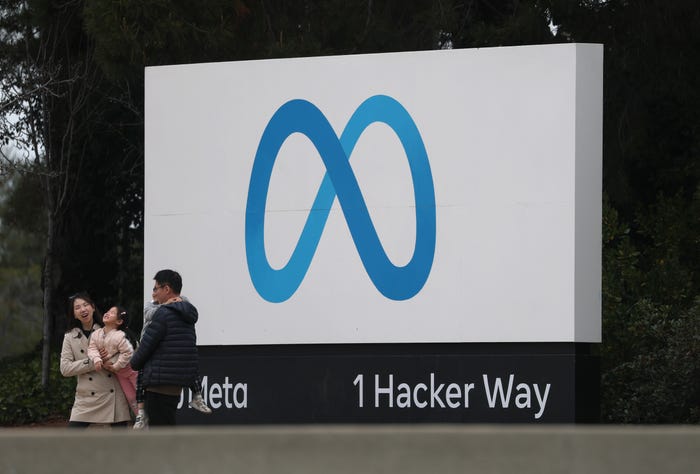Most Read: Boston Dynamics Humanoid Robot Gaining New Capabilities; Air Taxi Company Raises Another $300MMost Read: Boston Dynamics Humanoid Robot Gaining New Capabilities; Air Taxi Company Raises Another $300M
Also inside, DARPA to evaluate 2 approaches to utility-scale quantum computing, Waymo offers driverless car credit for connecting with public transit and more

Here are the most-read stories on IoT World Today this week.
Boston Dynamics Humanoid Robot Gaining New Capabilities
Boston Dynamics has partnered with the Robotics & AI Institute (formerly The AI Institute) to advance humanoid robots through reinforcement learning and produce new capabilities for the electric Atlas humanoid robot.
The partnership plans to establish a “shared reinforcement learning training pipeline” for Atlas to “build dynamic and generalizable mobile manipulation behavior.”
This isn’t the first time Boston Dynamics and the Robotics & AI Institute partnered. They previously collaborated on developing Spot’s Reinforcement Learning Researcher Kit released last year to train the robot dog and types of movement.
The new collaboration aims to build on that with a new focus on humanoid robots.
Discover Atlas's new capabilities
Air Taxi Company Raises Another $300M
Air taxi company Archer Aviation has raised $300 million to help the company speed the development of its hybrid aircraft platform for the defense industry.
The new financing came from institutional investors including funds managed by BlackRock.
Archer launched Archer Defense late last year to develop next-generation hybrid-propulsion VTOL (vertical-take-off-and landing) vehicles for defense applications.
The new funding is targeted for the development of manufacturing capabilities including batteries and composites.
DARPA to Evaluate 2 Approaches to Utility Scale Quantum Computing
The U.S. Defense Advanced Research Projects Agency (DARPA) has selected Microsoft and PsiQuantum for the final stage of a program investigating when useful quantum computers will be possible.
The companies plan to work on the validation and co-design stage of the Underexplored Systems for Utility-Scale Quantum Computing (US2QC) program, part of the broader Quantum Benchmarking Initiative (QBI).
Announced in July 2024, QBI aims to determine whether an industrially useful quantum computer can be built faster than conventional predictions suggest. The goal is to rigorously verify whether a utility-scale quantum computer (one whose computational value outweighs its cost) can be realized by 2033.
The QBI expansion builds upon the second stage of US2QC, in which Microsoft and PsiQuantum were already participating. In this latest phase, both companies are refining and validating their quantum computing designs.
Waymo Offers Driverless Car Credit for Connecting with Public Transit
Self-driving taxi company Waymo has announced it is launching a public transit credit program in Los Angeles.
The initiative follows a successful pilot in San Francisco last year, and is set to run until April. The intent is to encourage riders to use the Waymo One ride-hailing service to connect with certain transit stops or stations and then receive a $3 credit for future use on a robotaxi.
Waymo said the idea is to expand access to EVs and bridge the gap to other forms of clean transportation, making sustainable transit “more convenient and affordable.” This was underscored by the launch of the promotion on the Transit Equity Day on Feb. 4 celebrating the birth of civil rights figure Rosa Parks.
Eight transit stations are included in the program, and the $3 credit would be applied to people’s accounts the day after they make their journey, to be used within 60 days.
Elon Musk Brain Chip Tested to Move Robotic Devices
Elon Musk’s Neuralink has welcomed the first patient to a new study in its Convoy program to test the feasibility of brain-controlled, assistive robotic devices.
Convoy, which stands for control of assistive devices via brain-computer interface technology, is set to test Neuralink’s brain-computer interface (BCI) technology called Link to control various devices, such as an assistive robotic arm.
Link enables users to operate their phones and computers with just their thoughts, a capability the company calls Telepathy.
About the Author
You May Also Like






